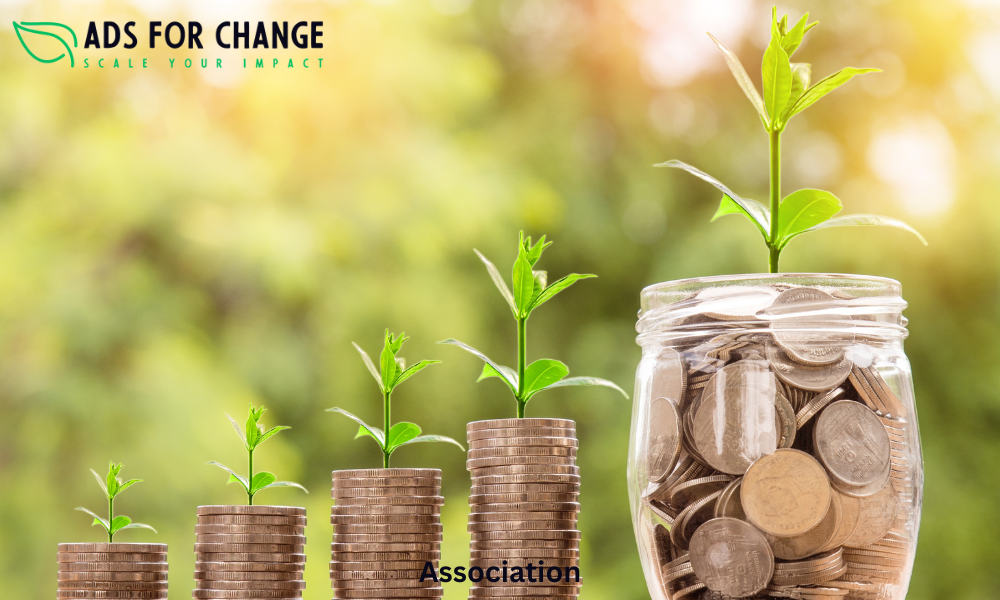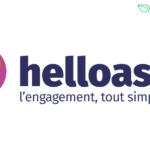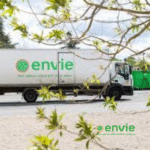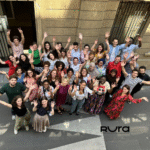
Association grants: benefit from them and maximize the impact
In an economic context marked by inflation and budgetary constraints, grants for associations provide crucial support to the French non-profit sector. With more than 1.5 million active associations in France, these public or private funds have become essential for carrying out social, cultural, and educational projects, particularly since the 2020 health crisis. These grants, with a total annual budget exceeding €6.5 billion at the national level, cover a wide range of needs, from administrative management to the implementation of local programs. In a political climate favorable to the development of the non-profit sector, considered a pillar of social cohesion, these grants play a vital role in maintaining and expanding services to the population.
1. Types of grants for associations
Public subsidies : offered by the State, local authorities or the European Union. For example, the Social Innovation Support Fund (FSIS) supports innovative projects in the social field, promoting inclusion and the fight against exclusion.
Private subsidies : provided by foundations or companies. The Foundation of France, for example, funds projects in the areas of health, education and culture.
Project Grants : fund specific initiatives, such as awareness campaigns or infrastructure renovations. The program LEADER supports local projects in rural areas, promoting economic development and the enhancement of heritage.
2. Practical guide: How to obtain grants
Applying for grants requires a methodical approach. Here's a step-by-step guide with concrete examples:
Identify suitable grants :
Use the site associations.gouv.fr for an initial search.
Check out your town hall's calls for projects (for example, grants for sports and leisure in Paris, with submissions in September).
Prepare a convincing application :
Include specific numbers (e.g., “Train 50 young people in digital skills for six months”).
Attach letters of support from local partners.
Provide a detailed budget with estimates.
Respect the schedule :
Create a timeline (e.g., submit to CAF by March, to the region by June).
Allow one month for administrative documents.
Tips to increase your chances :
Contact other associations that have received similar grants.
Offer to present your project orally to funders.
Demonstrate social impact through measurable indicators.
3. Maximize the impact of grants
To turn a grant into a concrete success, here are some key actions:
Keep a close eye on expenses :
Create a monthly Excel sheet detailing each expense.
Keep all invoices organized by date.
Document the impact :
Take “before/after” photos of your activities.
Collect testimonials from beneficiaries.
Communicating with funders :
Send a progress report every three months.
Organize field trips.
For example, an association receiving €10,000 to renovate a community hall could: photograph the work, keep a site log, invite funders to the inauguration, and produce a final report with invoices and user testimonials.
4. Sources of subsidies for associations in France
In France, associations can turn to various sources of subsidies:
Government ministries and agencies : For example, the Ministry of Culture supports cultural projects, while the Ministry of Health funds public health initiatives.
Local authorities : Regions, departments and municipalities finance projects of local interest, such as sports activities or environmental management. For example, the Île-de-France region offers assistance through its help portal for cultural, educational or environmental projects.
Private foundations : Foundations like the Foundation of France support projects with social or environmental aims.
European funding : The EU funds projects through programs such as Erasmus+ for education and mobility, Horizon Europe for research and innovation, or the European Social Fund.
5. Non-financial subsidies for associations
Beyond financial subsidies, associations can benefit from free resources and in-kind donations to support their activities:
Free Cloud Solutions :
Google Workspace for Nonprofits : a complete suite of collaborative tools (email, storage, videoconferencing).
Amazon Web Services (AWS) Imagine : up to 3,000 $ cloud credits for hosting and services.
Microsoft Azure for Nonprofits : 3,500 $ annual cloud credits.
Advertising credits :
Google Ad Grants : 10,000 $ per month for Google Ads; all associations are eligible.
LinkedIn Ad Grants : 150,000 $ per semester for LinkedIn Ads, on request.
TikTok for Good : advertising support for social causes, on request.
Professional software and tools :
Canva Pro : free premium version for graphic design.
Salesforce Nonprofit Success Pack : Free CRM suitable for associations.
LastPass : free premium password manager.
Donations in kind :
Donations of refurbished computer equipment from companies.
Skills sponsorship: free professional expertise.
Loans of premises by local authorities.
6. Tools to simplify grant management
Search for grants :
The portal associations.gouv.fr to identify available grants.
Salesforce Nonprofit Success Pack : to follow funding opportunities.
Writing and documentation :
Google Workspace for Nonprofits (free version) for:
Centralize documents on Drive.
Write proposals in Docs.
Manage budgets in Sheets.
Canva Pro (free version for associations): to create professional project presentations.
Monitoring and management :
Monthly expense tracking tables.
Systematic documentation with photos and evidence.
Quarterly progress reports.
Google Meet for meetings with financiers.
Conclusion
Grants and free digital tools are essential levers for nonprofits to carry out their projects and increase their impact. Understanding available sources, preparing solid applications, and leveraging resources such as Google Workspace And Google Ad Grants can help maximize funding. Associations can thus improve their visibility, optimize the management of their projects and actively contribute to society.



